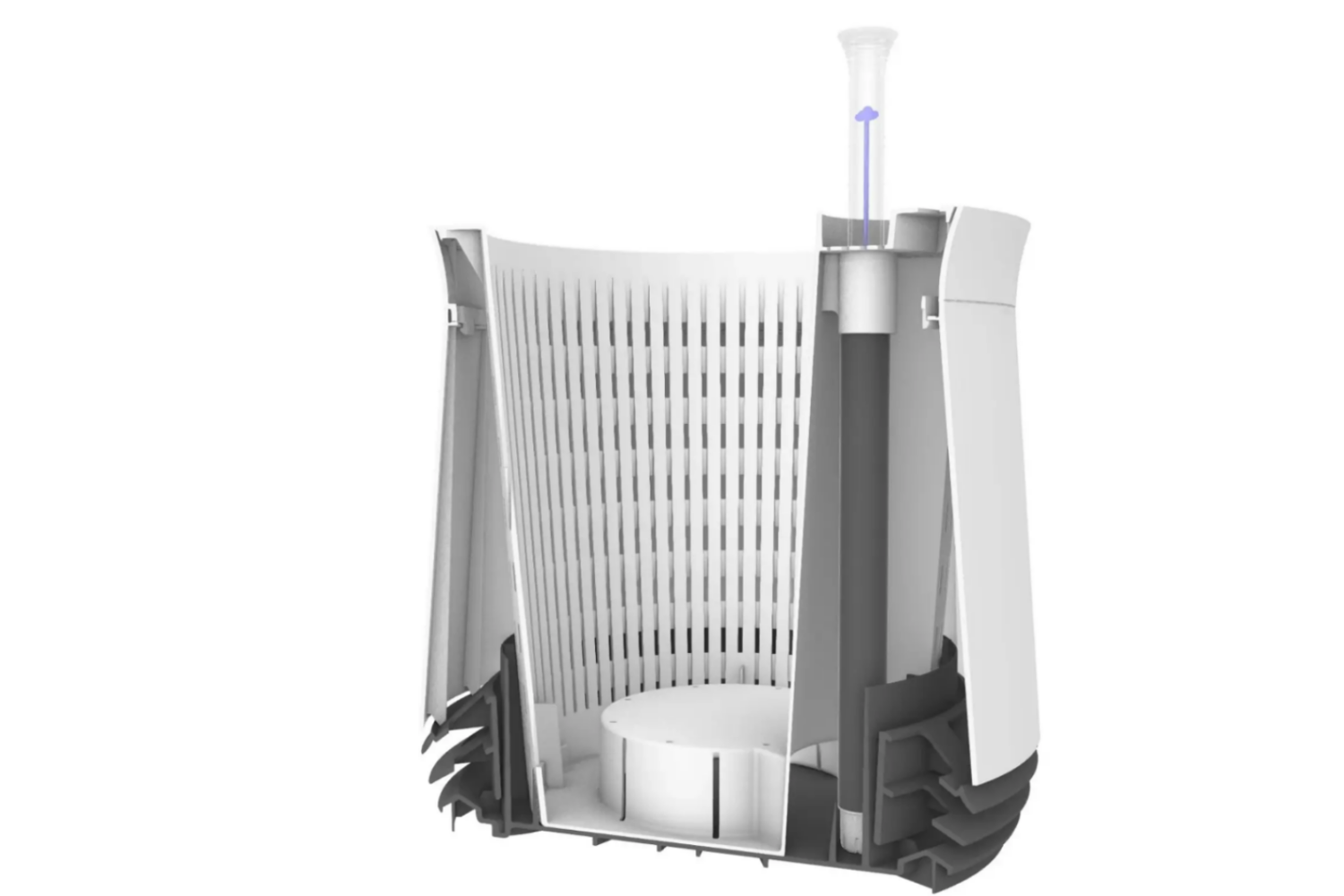Lychnis viscaria is the DIPLOMAT and HEALER among plants. It makes plants more stress-resistant and resilient against negative influences like heat, pests, drought... Why?
Already in the Middle Ages, monks and nuns - including Hildegard of Bingen - used the plant as a medicinal herb.
Originally banished as a weed from the beds, medieval gardeners found that plants which had previously grown splendidly side by side now yielded less, became more susceptible to 🐛 pests, and thrived less.
Wisely, they drew the right conclusions - and let the sticky catchfly grow again - luckily!
Because the active ingredients of the sticky catchfly have been proven to increase the resistance of your plants. That's why we have bundled all the active ingredients in our AIRY Vitalizer so your plants can produce plenty of healthy air for you.
By the way, our AIRY Vitalizer is made with GLUCOSE, unlike other pechnelka products which are made with lactose - so that no fermentation processes can take place in the water tank.
Scientists at the University of Bonn have meanwhile come closer to the secret of Lychnis viscaria at the trail - source here.
Quote: "If the seed is pre-treated with the liquid (the pitch carnation), this can increase the yields of agricultural crops by up to 40%. In addition, the extract acts preventively against rust fungi on hollyhocks, powdery mildew on cucumbers, and gray mold on tomatoes. Researchers from Bonn have investigated this: In multi-year work, they were able to isolate two plant hormones from the class of brassinosteroids. This group of substances has been proven to promote growth. As a component of approved plant strengthening agents, pitch carnation extract is now used internationally mainly for seed treatment."
The AIRY Vitalizer is a biological and approved plant strengthening agent made in Germany. It is listed with the Federal Office of Consumer Protection and Food Safety (BVL) and is suitable for organic farming. So you are scientifically proven to do good to your plants when you treat them to our AIRY Vitalizer.
But why is Pechnelke called Pechnelke? Because it forms a sticky black smear below the flower, which presumably traps pests. In Finnish, it is therefore also called tar flower. So the name has nothing to do with bad luck. On the contrary:
Lychnis viscaria ensures that plants can grow and thrive side by side in peaceful coexistence.
Isn't that luck?

The author: Elisabeth Böttcher
Elisabeth is the managing director of AIRY and is responsible, among other things, for customer support. She has over ten years of experience with plants growing in the AIRY biofilter and gladly shares her knowledge as an expert along with tips and tricks. She focuses on healthy indoor air, effective plant care, and everything that contributes to a natural, beautiful home.



